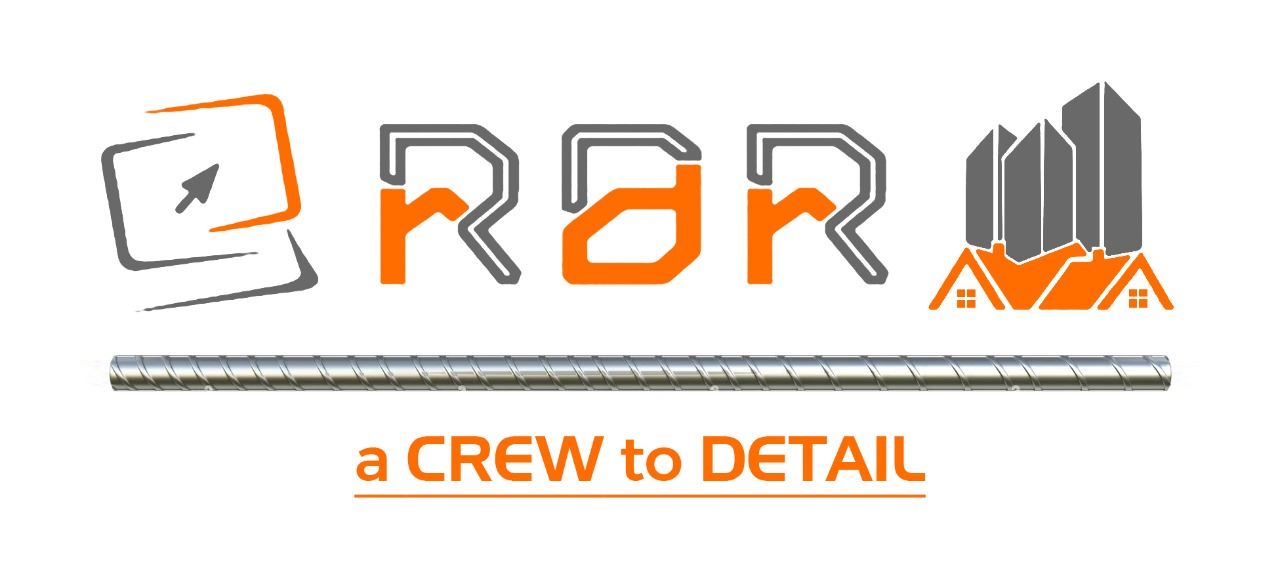In the ever-evolving world, where change is the only constant, industries are compelled to adapt or risk being left behind. This could not be truer for the construction industry, which has long been recognized for its reliance on manual labor and traditional methodologies. But now, a digital transformation is taking place, as the construction industry is shifting from the ‘normal’ to an era dominated by software solutions.
This evolution towards software-enhanced processes, often called ‘Construction Tech’, is fundamentally altering the way architects, engineers, contractors, and clients conceive, plan, and execute construction projects. Here, we take a closer look at how software is reshaping the construction industry and what the future may hold.
Planning and Designing with Precision
Digital tools, such as Building Information Modeling (BIM) software, have revolutionized the way architects and engineers approach planning and design. These tools not only facilitate 3D visualization but also enable real-time information sharing and collaboration between different project stakeholders. By simulating how the building will function and behave in reality, potential issues can be identified and resolved even before the construction begins. This preemptive problem-solving mitigates delays and reduces costs, making the construction process much more efficient and effective.
Streamlined Project Management
The era of paper plans, scattered emails, and disconnected communication is a thing of the past. Software platforms that manage end-to-end construction projects are emerging as critical game-changers. Such solutions streamline scheduling, budgeting, task assignment, document management, and communication, keeping everyone on the same page and fostering a cohesive workflow.
Improved Safety and Compliance
Advanced software solutions are making construction sites safer by improving risk management and ensuring compliance with safety standards. With tools like drones and site inspection software, potential hazards can be detected early on, and preventive measures can be taken to protect the workers on site. Additionally, these tools help with regulatory compliance by maintaining accurate, real-time records of safety checks and incidents.
Increased Productivity and Cost Efficiency
Implementing software solutions in construction processes can lead to a significant increase in productivity. With automating repetitive tasks, and effective resource allocation, these digital tools minimize delays and waste, thereby reducing the overall cost of projects. Technologies such as AI and Machine Learning can even provide predictive analytics to guide decision-making and optimize performance.
Enhanced Communication and Collaboration
Digital platforms have made it easier than ever for all involved parties to communicate and collaborate on a project. Whether it’s sharing updates, changes, or concerns, the ability to connect instantly can save valuable time and resources, reduce misunderstandings, and ensure the smooth execution of projects.
While the transition from traditional practices to software-based processes is challenging, it’s an inevitable and crucial step towards modernizing the construction industry. The integration of software solutions is not just a trend; it’s a paradigm shift that’s paving the way for an era of increased efficiency, accuracy, safety, and collaboration.
Undoubtedly, the future of construction lies in embracing this digital revolution, and as we move forward, those who adapt will find themselves at the forefront of the industry, setting new standards for the construction projects of the future.










